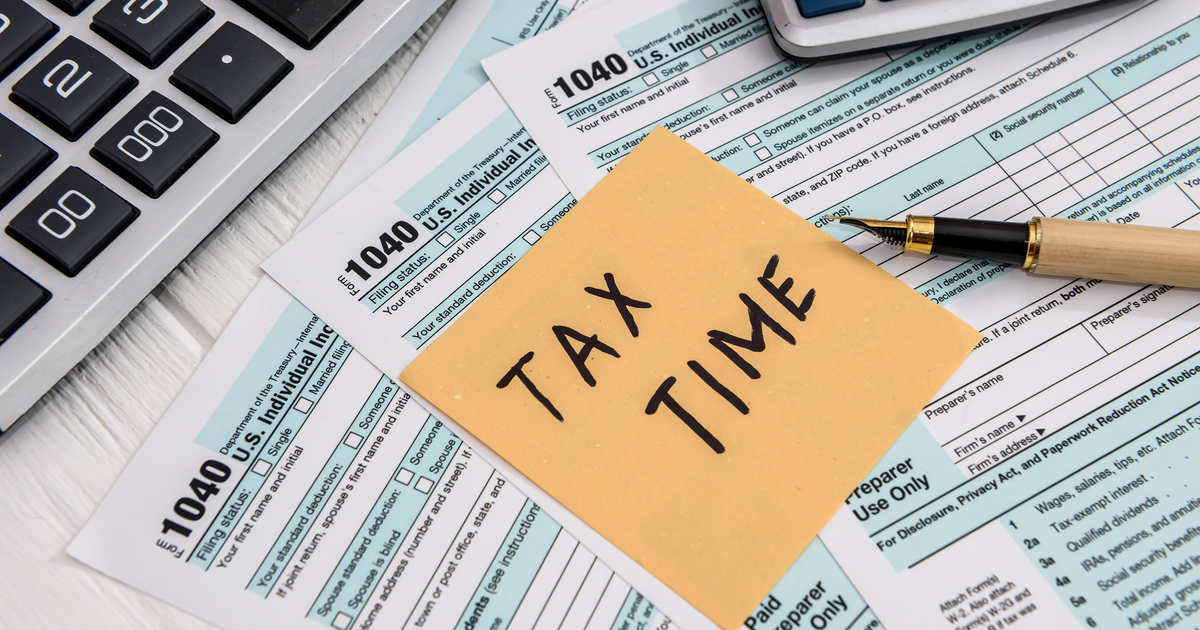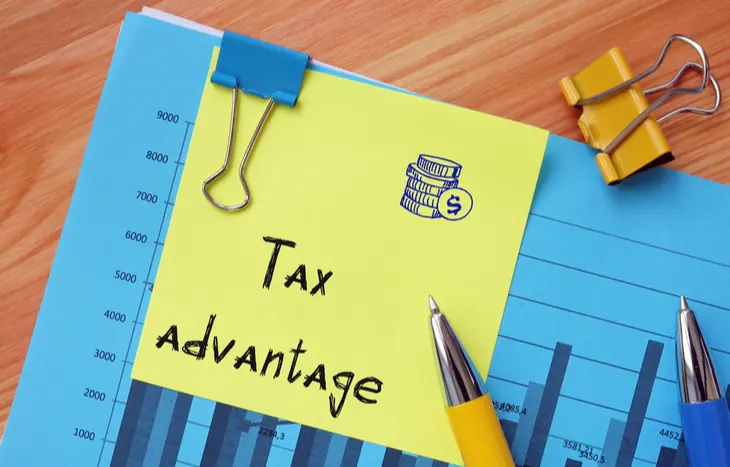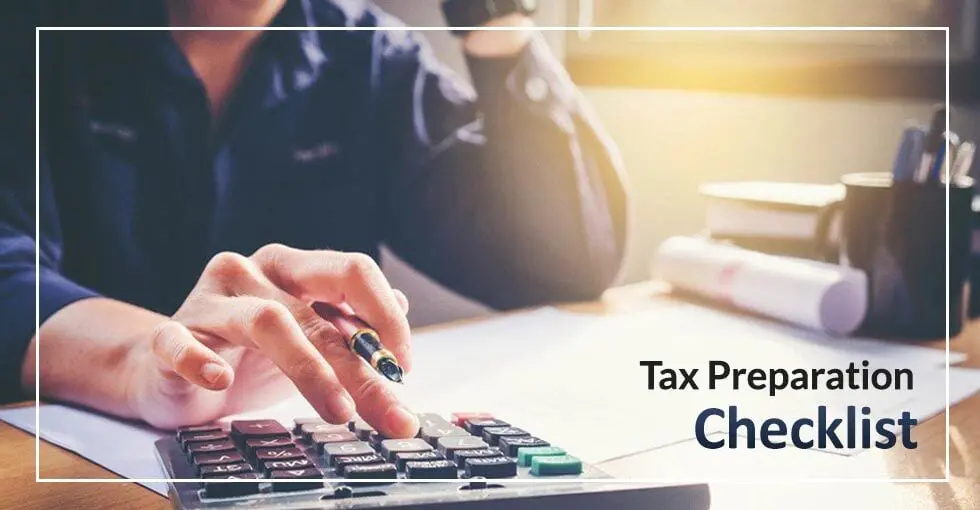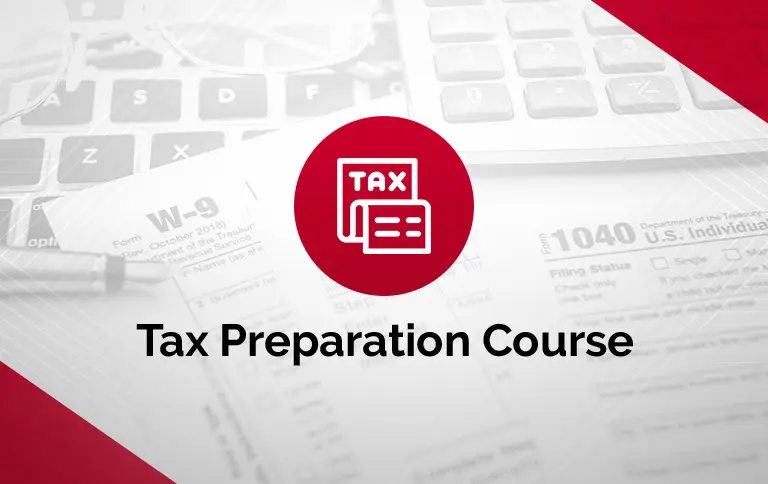Tax Return Preparation
Tax season can be a daunting time for many individuals and businesses. The complexities of the tax code, coupled with the pressure of deadlines, can make the process feel overwhelming. However, with careful planning and preparation, you can navigate the tax maze with greater ease and potentially maximize your refund.

1. Gather Your Documents Early
Procrastination is the enemy of efficient tax preparation. Start gathering your tax documents as soon as you receive them throughout the year. This proactive approach will save you considerable time and stress closer to the filing deadline.
- Key Documents:
2. Organize Your Documents Meticulously
A well-organized system is essential for a smooth tax preparation process.
- Create a Dedicated File or Folder: Designate a specific location to store all your tax-related documents.
- Utilize a Filing System: Categorize documents by type (e.g., income, deductions, credits) for easy retrieval.
- Consider Digital Storage: Scan and store electronic copies of your documents in a secure cloud-based system for easy access and backup.
3. Determine Your Filing Status
Accurately determining your filing status is crucial for calculating your tax liability correctly. Common filing statuses include:
- Single: If you are not married.
- Married Filing Jointly: If you are married and filing a joint return with your spouse.
- Married Filing Separately: If you are married but filing separate tax returns.
- Head of Household: If you are unmarried and pay more than half the cost of maintaining a home for a qualifying child or dependent.
- Qualifying Widow(er) with Dependent Child: If your spouse died in the previous year and you meet certain criteria.
4. Choose Your Filing Method
- Do-It-Yourself (DIY):
- Hire a Tax Professional:
5. Maximize Deductions and Credits
- Itemized Deductions vs. Standard Deduction:
- Claim Eligible Credits:
6. Review and Double-Check
- Review your tax return carefully: Before submitting, double-check all entries for accuracy.
- Consider using e-filing: E-filing is generally faster and more accurate than paper filing.
- Keep copies of all your tax documents: For your records and future reference.
7. Stay Informed
- Stay updated on tax law changes: Tax laws are constantly evolving. Stay informed about any changes that may affect your tax situation.
- Utilize IRS resources: The IRS website provides valuable information and resources, including publications, forms, and instructions.
8. Consider Professional Assistance
If you find the tax preparation process overwhelming or if your tax situation is complex, consider consulting with a qualified tax professional. They can provide expert guidance, ensure accuracy, and help you maximize your deductions and credits.




